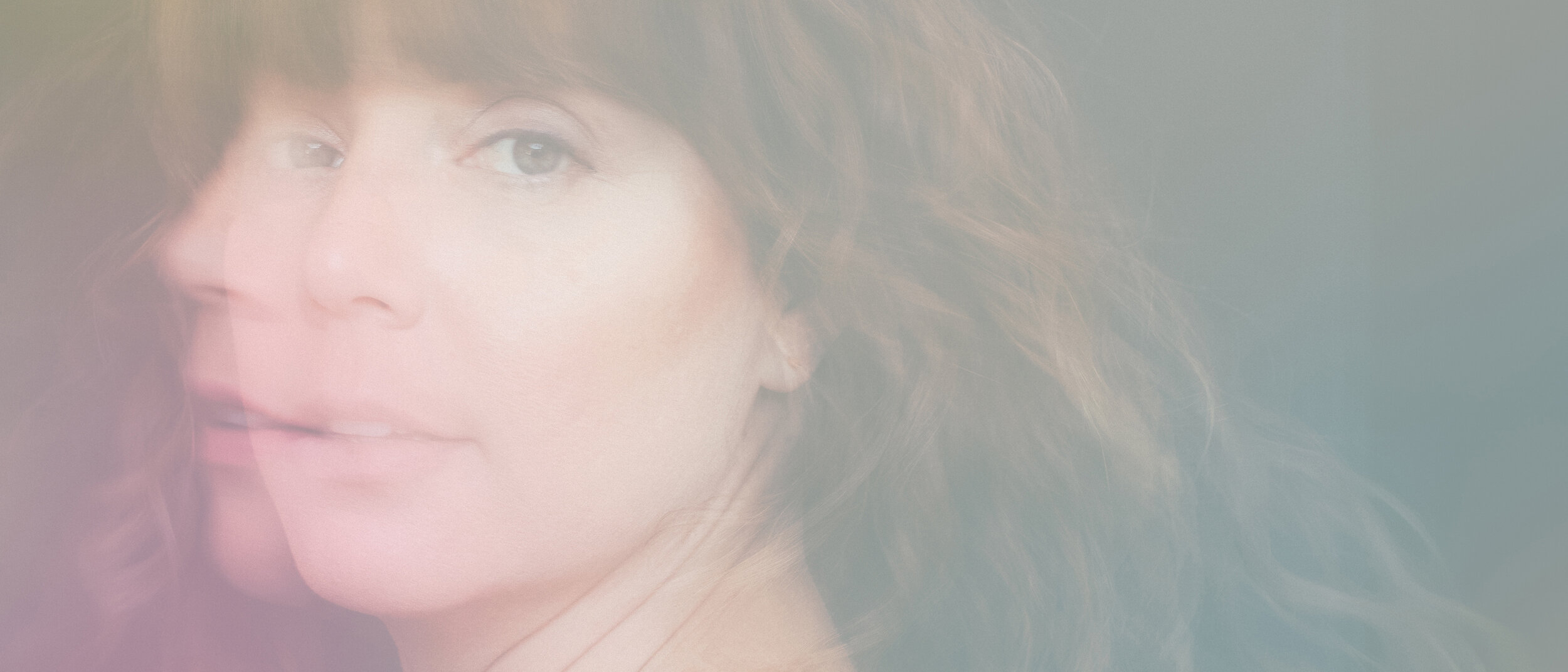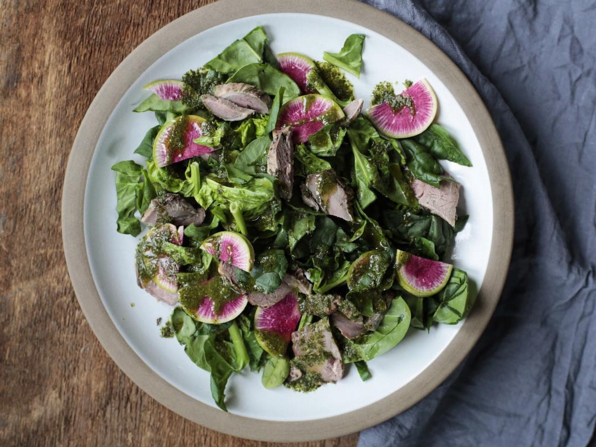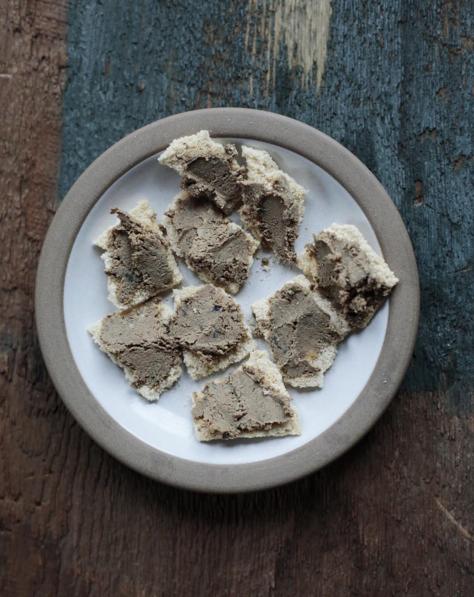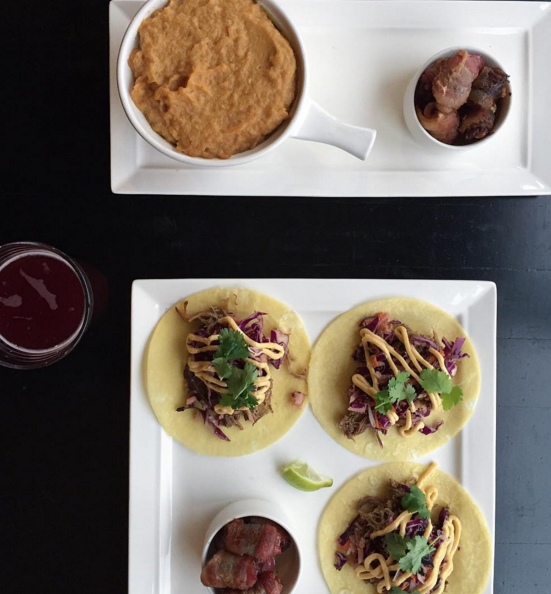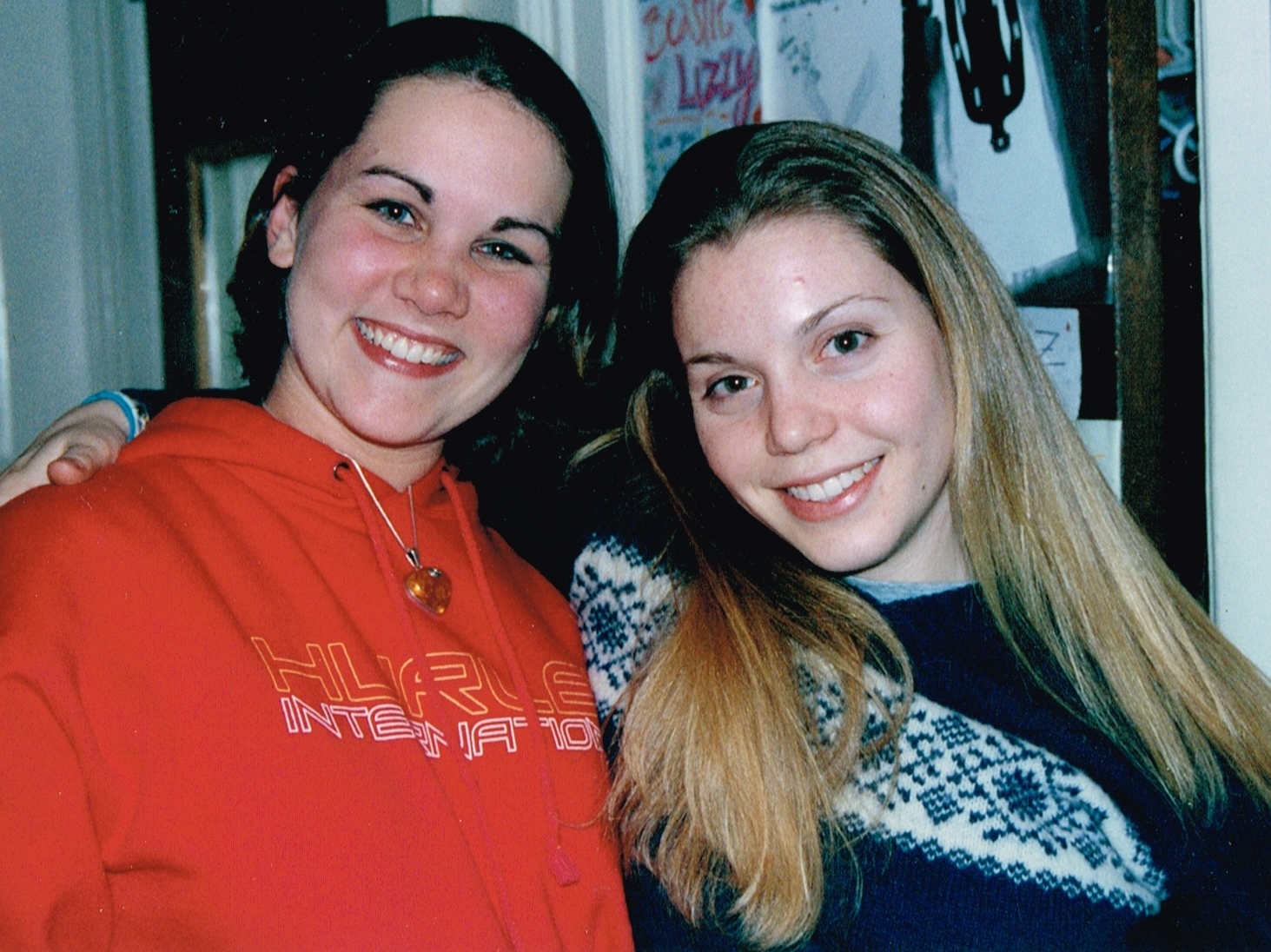I've been doing great since March, as I mentioned in my last post. However, starting around November it was more of a challenge to maintain a state of wellness. It's difficult to stay on top of all the moving parts that keep me feeling my best, especially in times of financial or physical (working late, etc.) hardship. I found that my body was inflamed and was more difficult to "chill out" than usual. (For me, this means I'm low-level bloated after eating almost anything, my eyes are puffy and tired looking, I'm sluggish, brain foggy and prone to be moody AF.) I was taking the supplements that usually helped me to reduce inflammation, doing my diet (fairly well) and maintaining lifestyle interventions. In all transparency, towards the end of the year, the issue was that I'd indulge in something (maybe more alcohol than usual or starches I usually stay away from) and then before I could "chill out" my system (which usually takes a week, for me) I'd have something else and the cycle would continue.
Because the diet that makes me feel great (right now) is so limited in variety, I also had a suspicion that maybe we hadn't completely solved the puzzle. I'd cleared SIBO in 2015 (we tested 3x and besides, the diet I consume would mitigate any remaining imbalance there). I haven't been able to reintroduce anything beyond greens, cucumber, limited amounts of tomatoes and avocado and small amounts of fermented foods into my diet. For the sake of my quality of life, I'd like to be able to tolerate some more foods, mainly vegetables. It would really make eating out more fun and tasty. Not to mention, while greens are packed with vitamins and minerals, I'd like to get a wider variety from other foods.
I had been listening to Dr. Ruscio's podcast and some others and hypothesized that perhaps my gut was still in a state of dysbiosis or perhaps there was a pathogen I was keeping at bay but hadn't eradicated. It's possible I'd cleared SIBO but not all of a fungal overgrowth (Candida or otherwise) that could have been there in the first place. I also know that while not diagnosed (for those concerned if i've "been diagnosed", it's a thing, LMGTFY!) with Crohn's Disease but suffering from the symptoms of it and benefiting from the treatment of an IBD like Crohn's, that it's possible that I am destined for a Low FODMAP diet forever. Research shows that people with IBD that go off of a low FODMAP protocol, often get worse. However, as the ever (now greedy) wellness consumer, I'm willing to try all my options.
I knew the first step was on me. I had to get back into a wellness routine that I knew worked for me. January first, I decided to do the elemental diet (I've done the semi-elemental diet in the past, which I do not tolerate well.) I did this for 3.5-4 days, a short, reset period. It's homemade, you can get the list of ingredients here. The purpose of this experiment was to see if I removed digestion from the equation by consuming this pre-digested liquid diet, could I get my body to de-bloat and "prune" (as Dr. Ruscio likes to say) back any initial overgrowth of either fungus or bacteria in my gut. I also committed to doing the first month of an herbal anti-microbial/anti-fungal protocol. It's the same one that I'd done with SIBO, just to prune back anything that had gotten out of control between November and January.
It turns out, I tolerate the elemental diet very well. I was tired the first day and had a headache but that's pretty typical for me as a withdrawal symptom. I was symptomatic for the first two weeks of the antimicrobials/antifungals which indicates to me that I had some dysbiosis and/or fungus in my gut. I set a follow up meeting with Dr. Ruscio for the next month to discuss what I suspected and to talk about doing the second month of antimicrobials/antifungals which were more geared toward fungus, or if he had another suggestion.
In talking to Dr. Ruscio, I let him know the symptoms I was still experiencing: Low-level bloating, inability to add in more vegetables, some fatigue depending on lifestyle. He suggested that it's possible that I may have a microbiota that needs occasional "pruning" and is prone to overgrowth if not kept in check. The suggestions were the following:
- Consider doing periodic bouts of the elemental diet (the one I tolerate) to give my digestion a break and starve out any dysbiosis.
- Do a round of the 2nd month of SIBO/SIFO treatment (the antimicrobials/antifungals)
- Consider doing a round of Fluconazole, a pharmaceutical intervention for SIFO that doesn't show adverse effects on the mirobiota. (TBD if i do this in addition to the protocol above)
- Consider going on LDN or low-dose naltrexone, an immune booster now commonly used for those with autoimmune diseases. (It's his opinion based on research that my body's immune system attacks my microbiota, if this drug can help calm my system down from being on red alert all the time, perhaps I'll feel better.)
- Do a week of a low histamine diet. I had additional concerns that maybe I have histamine intolerance (which may or may not be affected by the possible fungal presence). I have sometimes have allergic symptoms when consuming wine, my heart races after eating some foods, I flush when I have too much or certain alcohols and I am sometimes intolerant to fermented foods. My hypothesis is that this will change after antifungals, but we'll see. I do better when I avoid these foods, currently.
I have reservations about pharmaceutical interventions.
Taking antibiotics throughout my life, I believe, helped me to arrive in this condition.
I'm starting with the herbal antimicrobials/antifungals and then we'll consider the rest of the options in a month or so.
I'll update the site then!
A Couple of Side Notes
COST
I have a Covered California health care plan, the cheapest one that covers the least. Dr. Ruscio doesn't accept insurance so he's out of network no matter who I'm covered by (though his office does encourage you to super bill your insurance for their fees.) After 2015, I knew that my health care costs would be fewer in frequency and less in cost. I chose to downgrade the coverage I had to save money monthly (but not bankrupt myself if I have an accident). I do still have an HSA so if I make any money via w9, all of that money can go to paying me back (income tax free!) for any healthcare costs I incur during the year. This is one way that I help pay for my wellness on a budget.
Additionally, as Dr. Ruscio is an FMD, I needed a prescription written for the Fluconazole and the LDN (whether or not I fill them and take them we'll decide at a later date). Rather than paying another doctor for an appointment to get that written, I used my FREE (thanks #ACA) physical appointment to consult with my General Practitioner (who admittedly said he literally knows nothing about what I'm doing but if it works, then he's for it) and have him write me those prescriptions. That saved me an additional $150 on a doctor visit.
RESEARCH
Here's the info that I heard that made me consider SIFO or fungus a lingering issue:
- SIFO with Dr. Satish Rao
- LDN, Autoimmunity, and How SIBO Causes Symptoms Outside of the Gut with Dr. Leonard Weinstock
- SIBO Updates with Dr. Allison Siebecker
